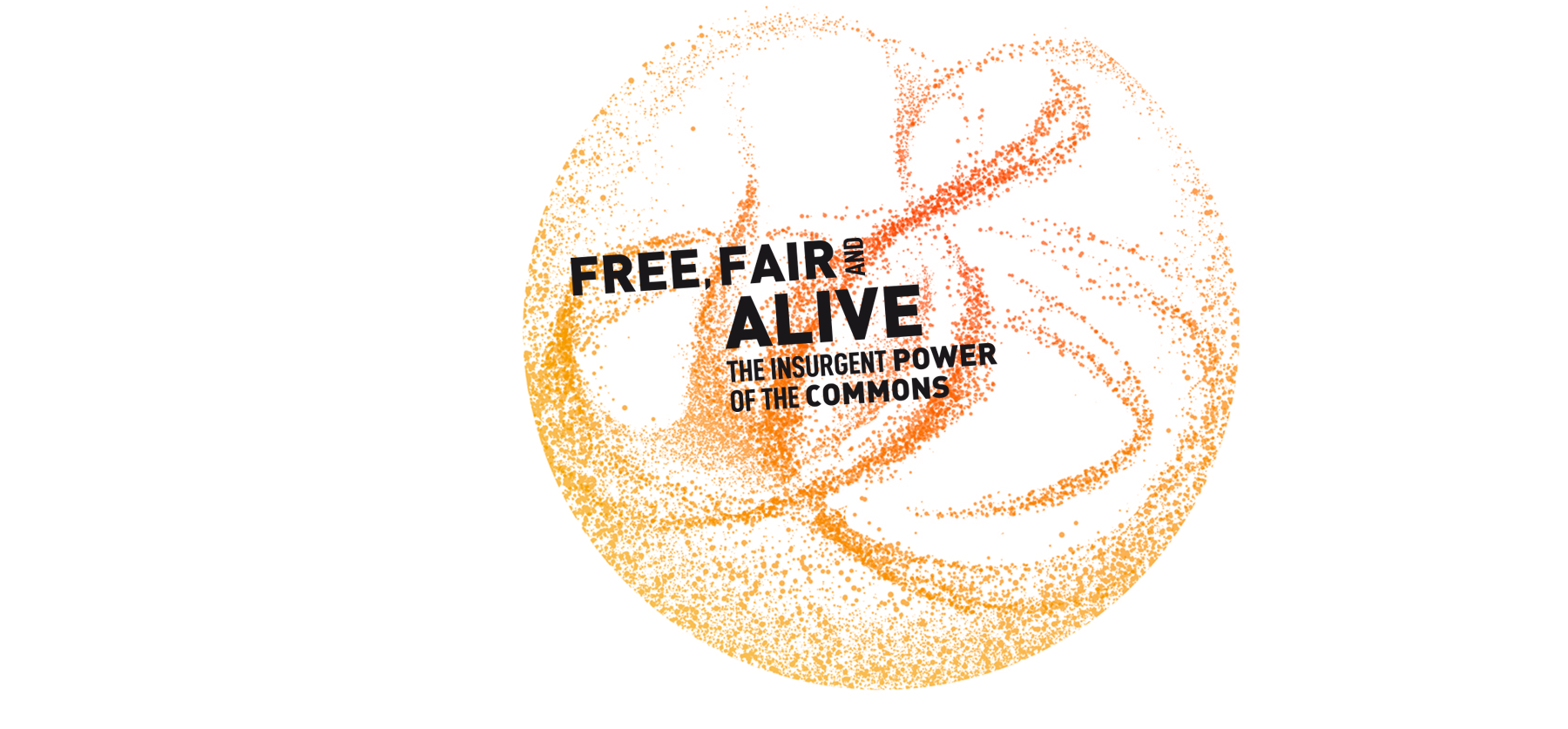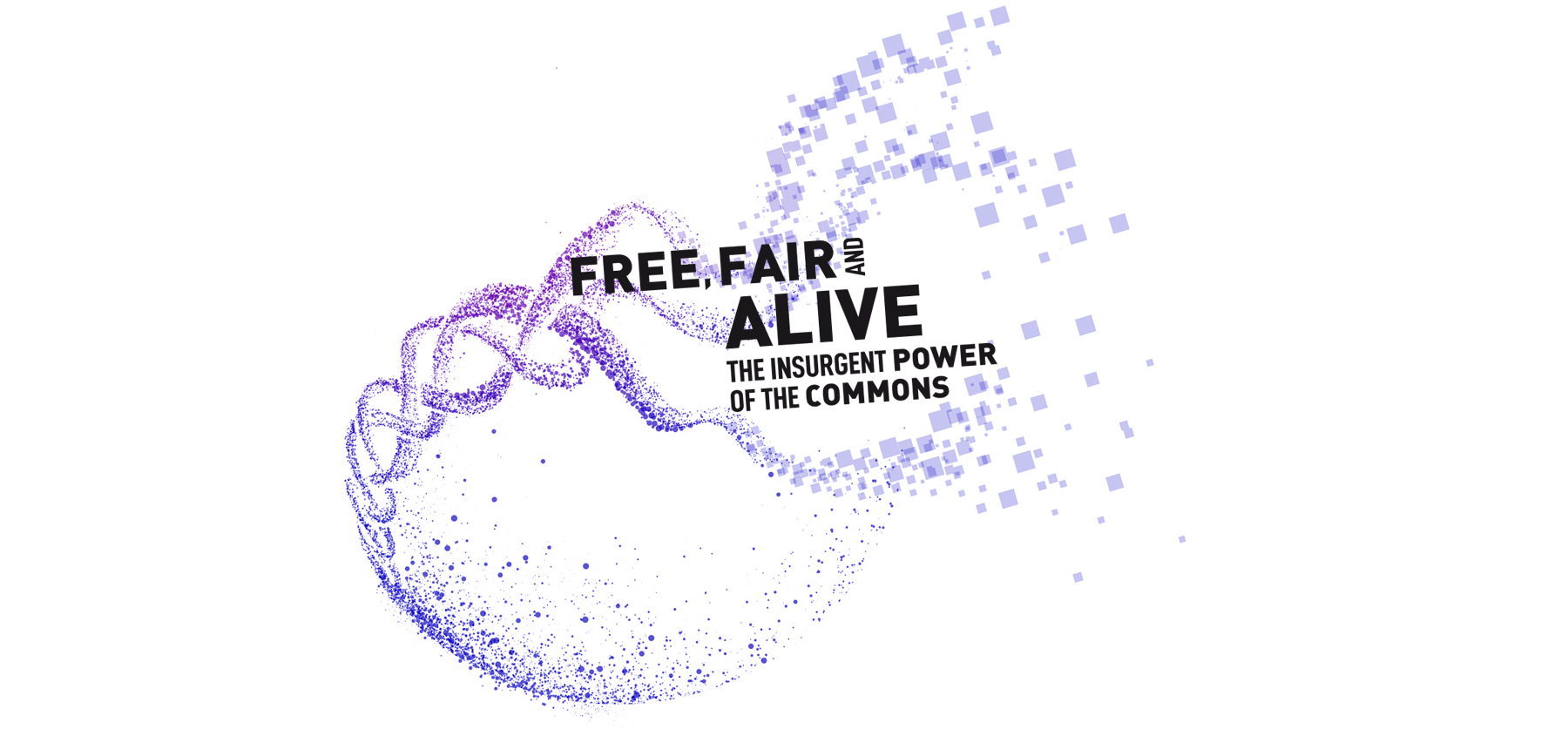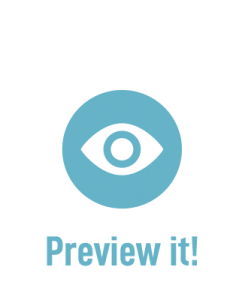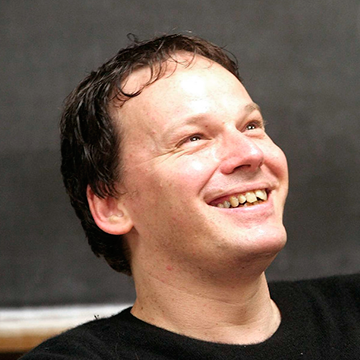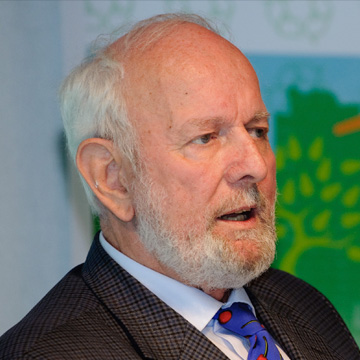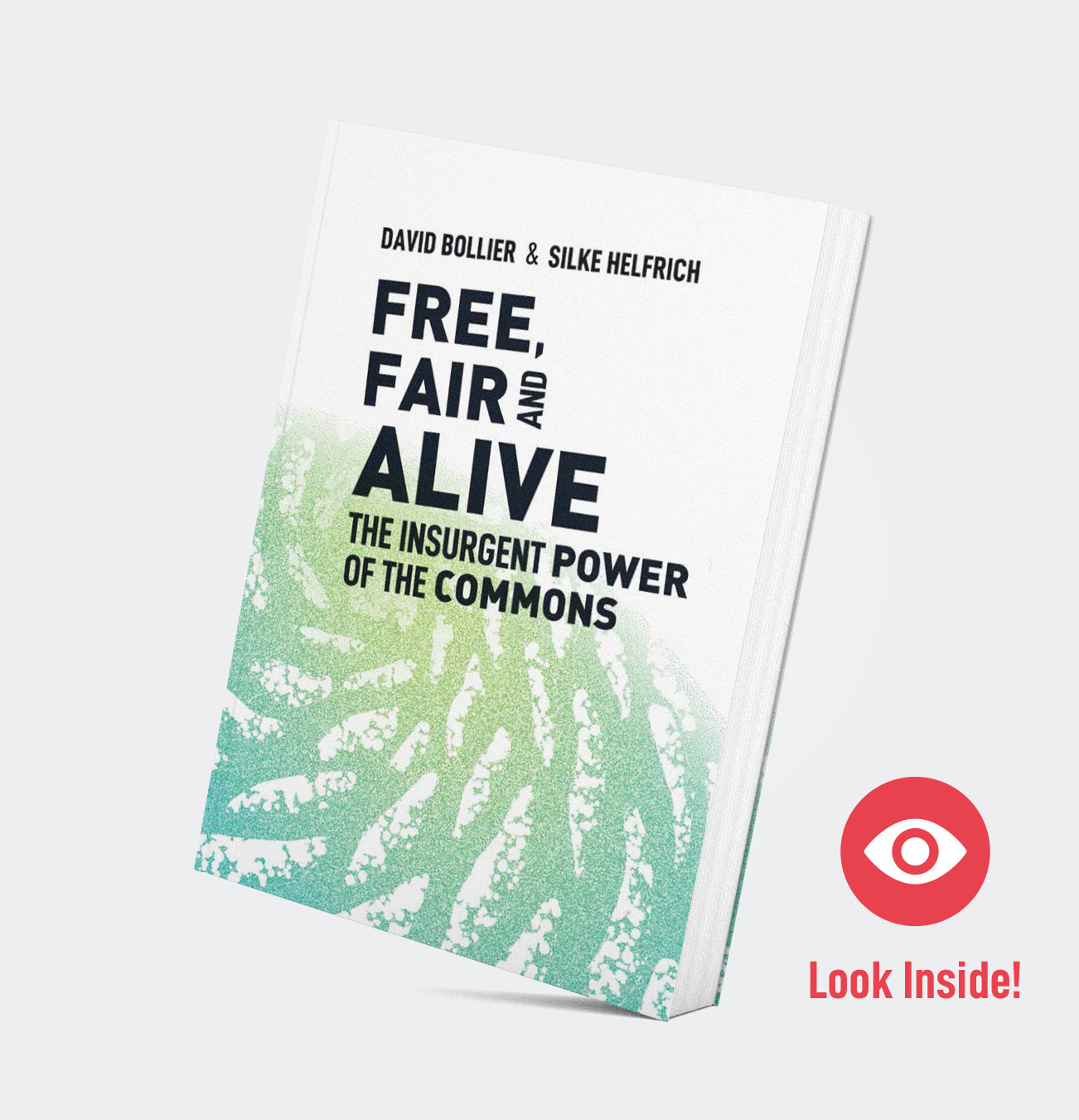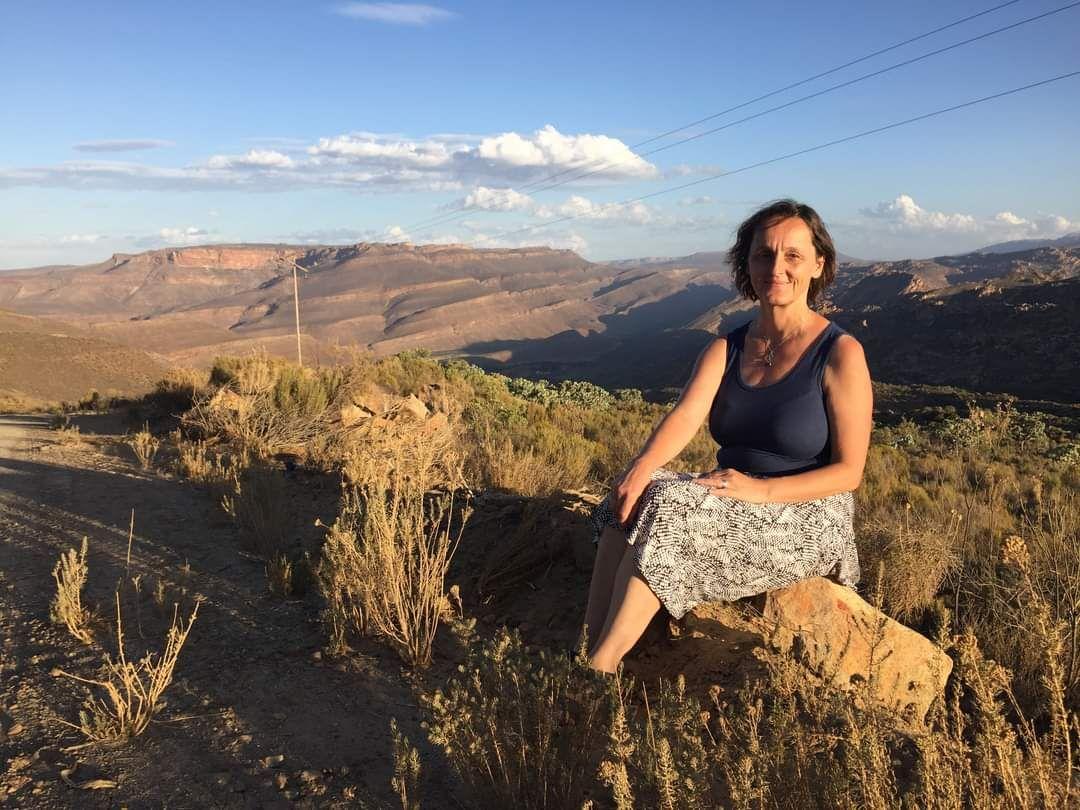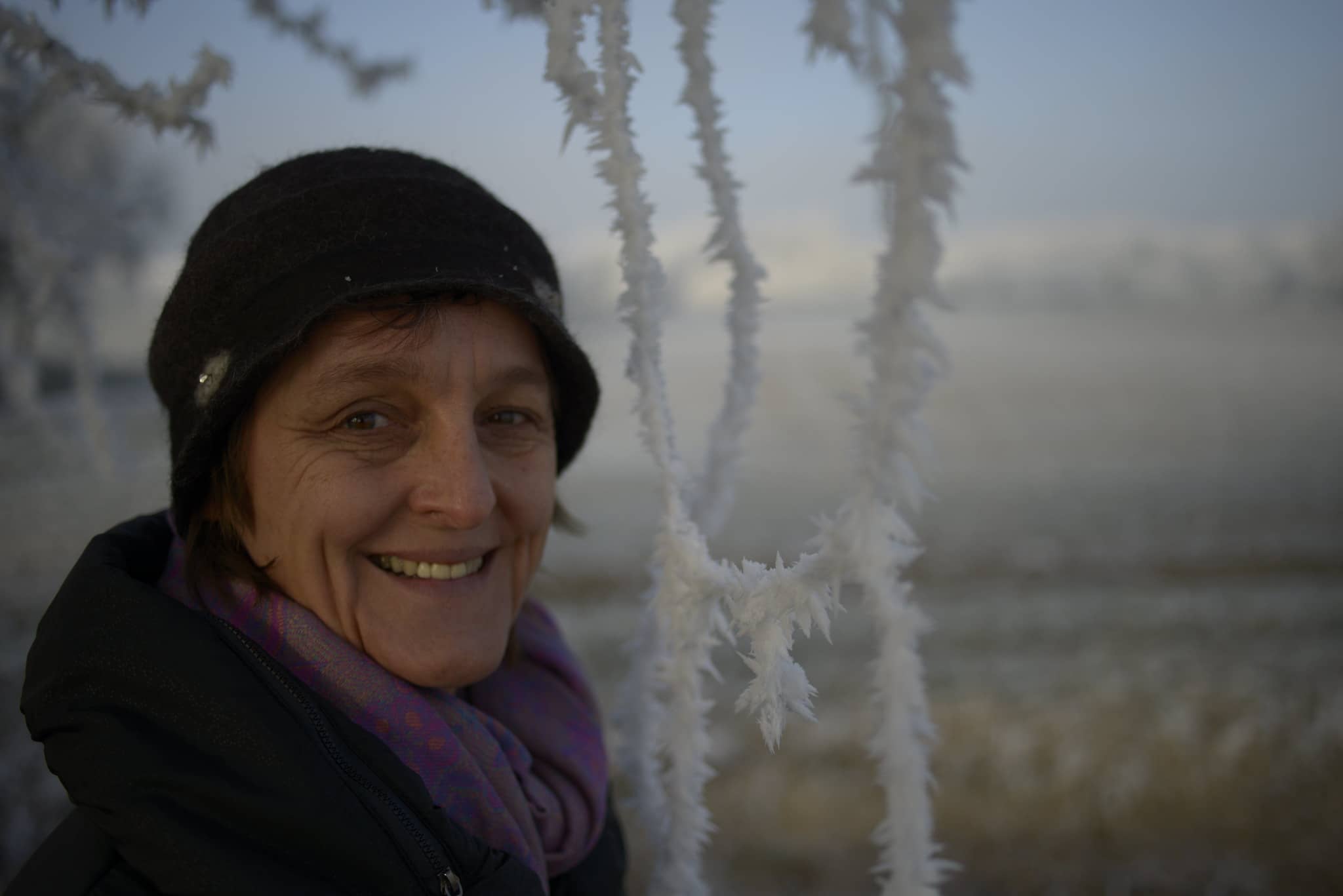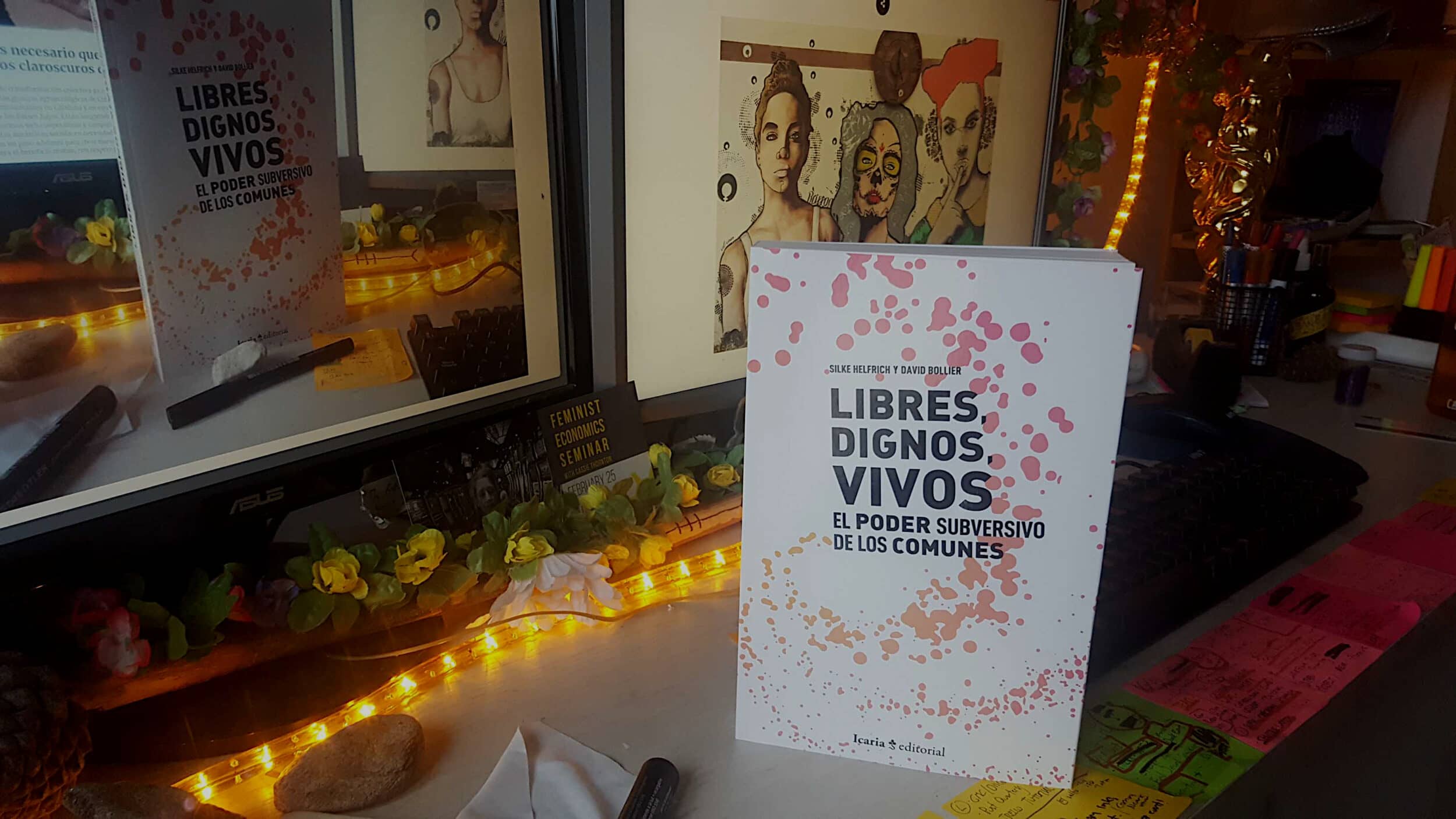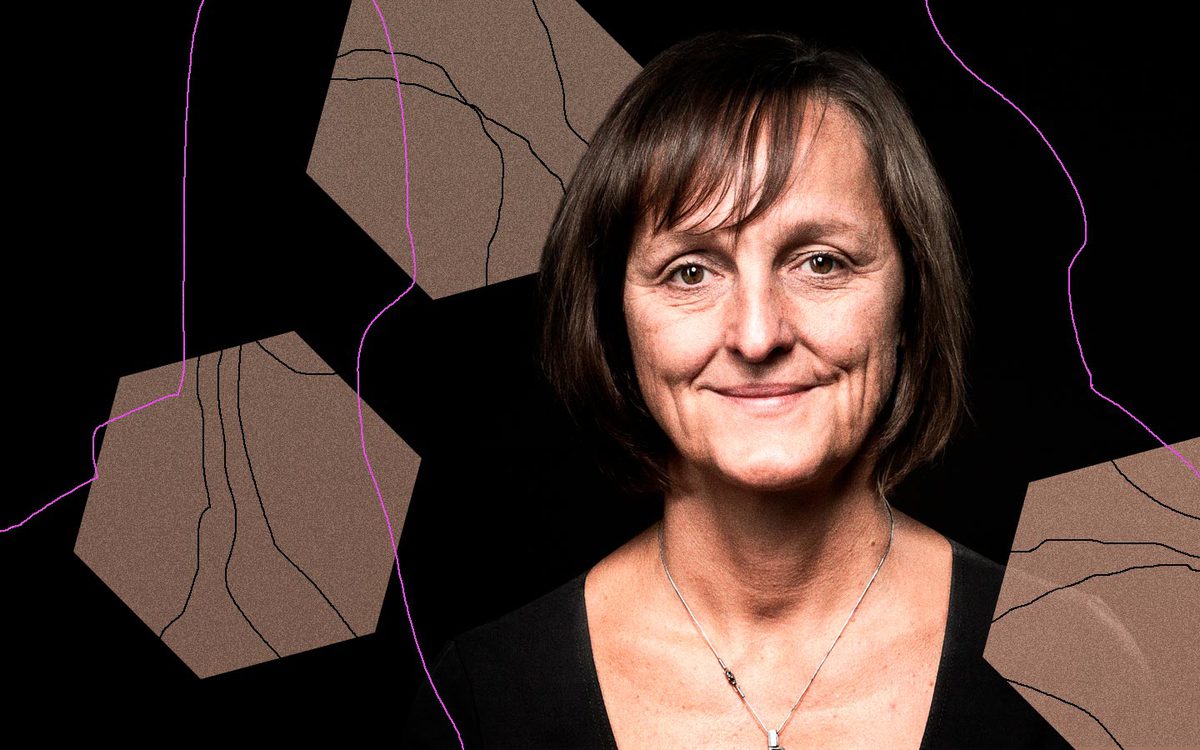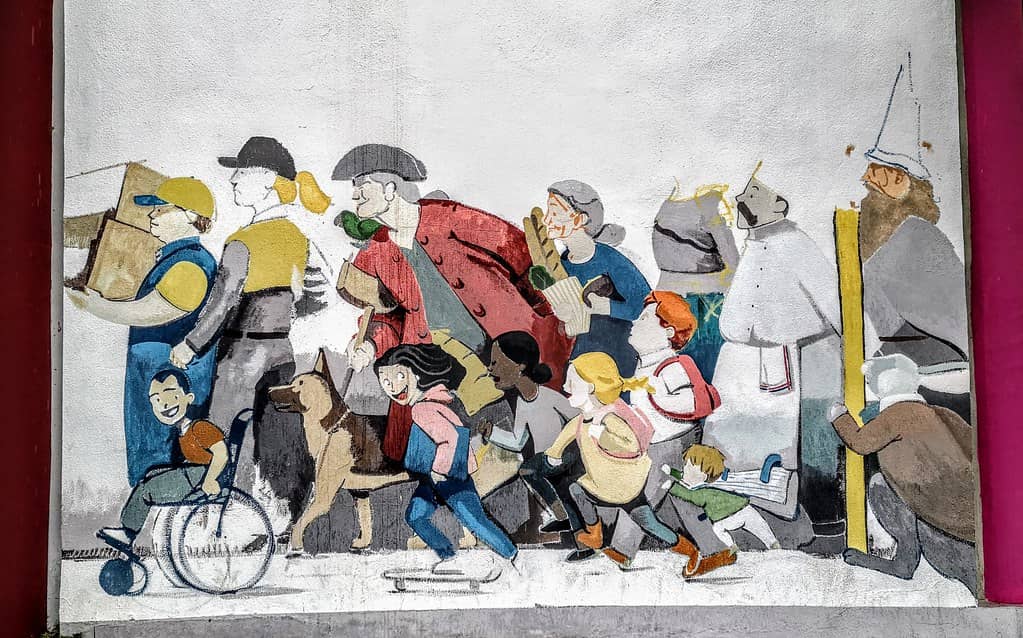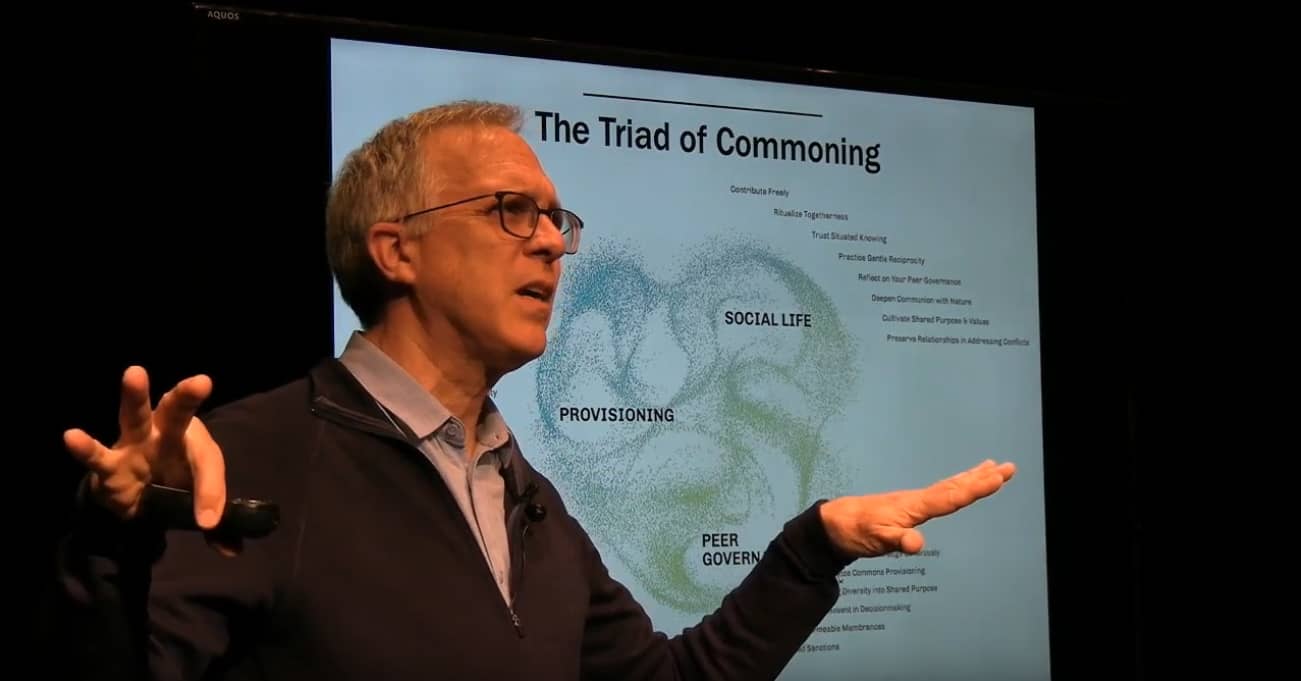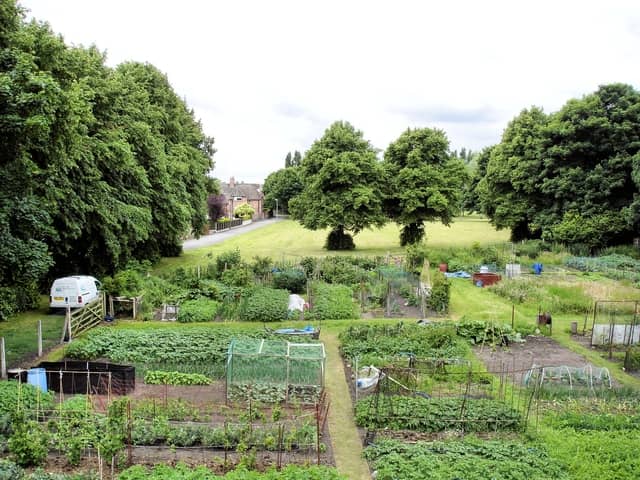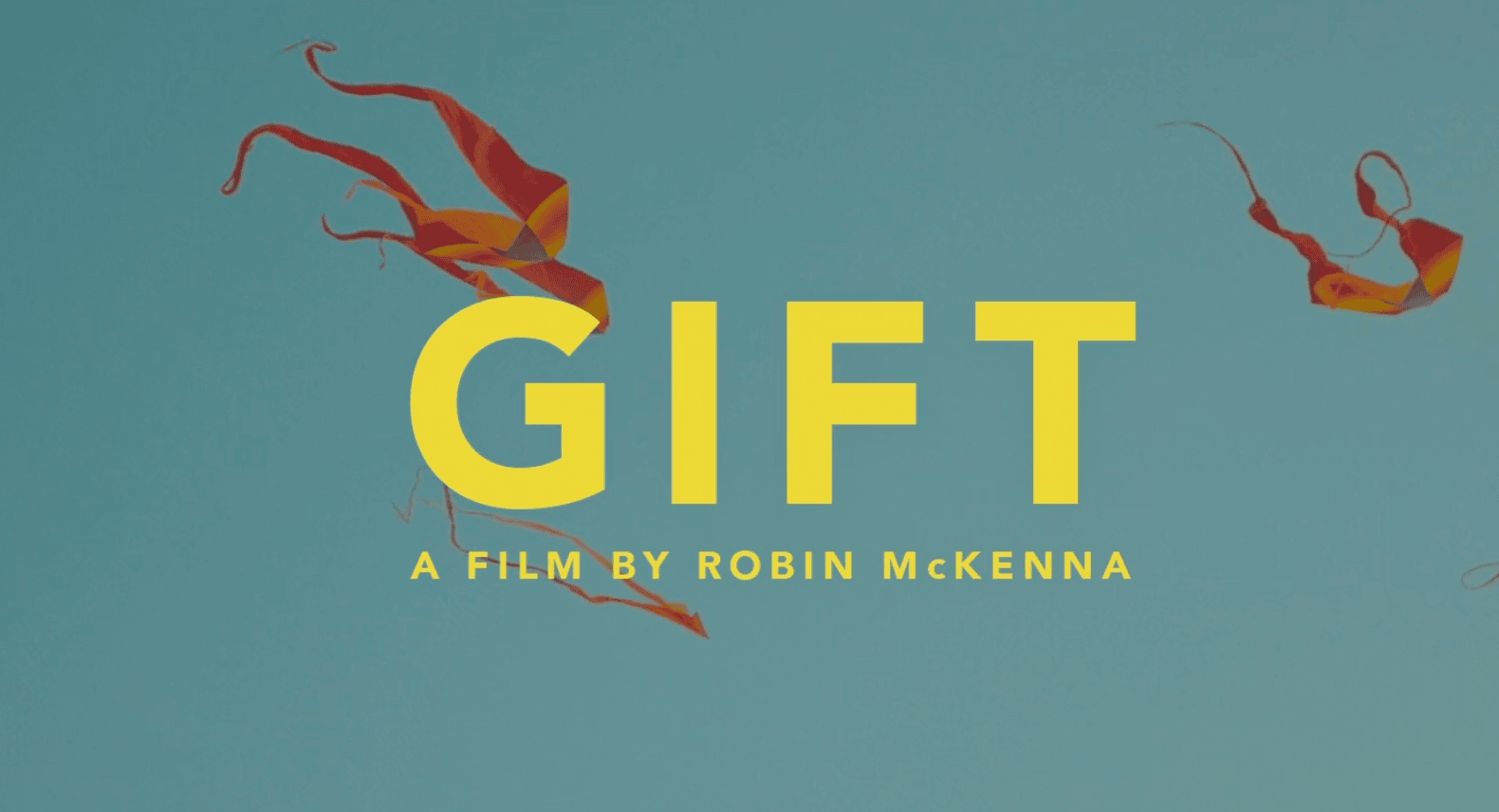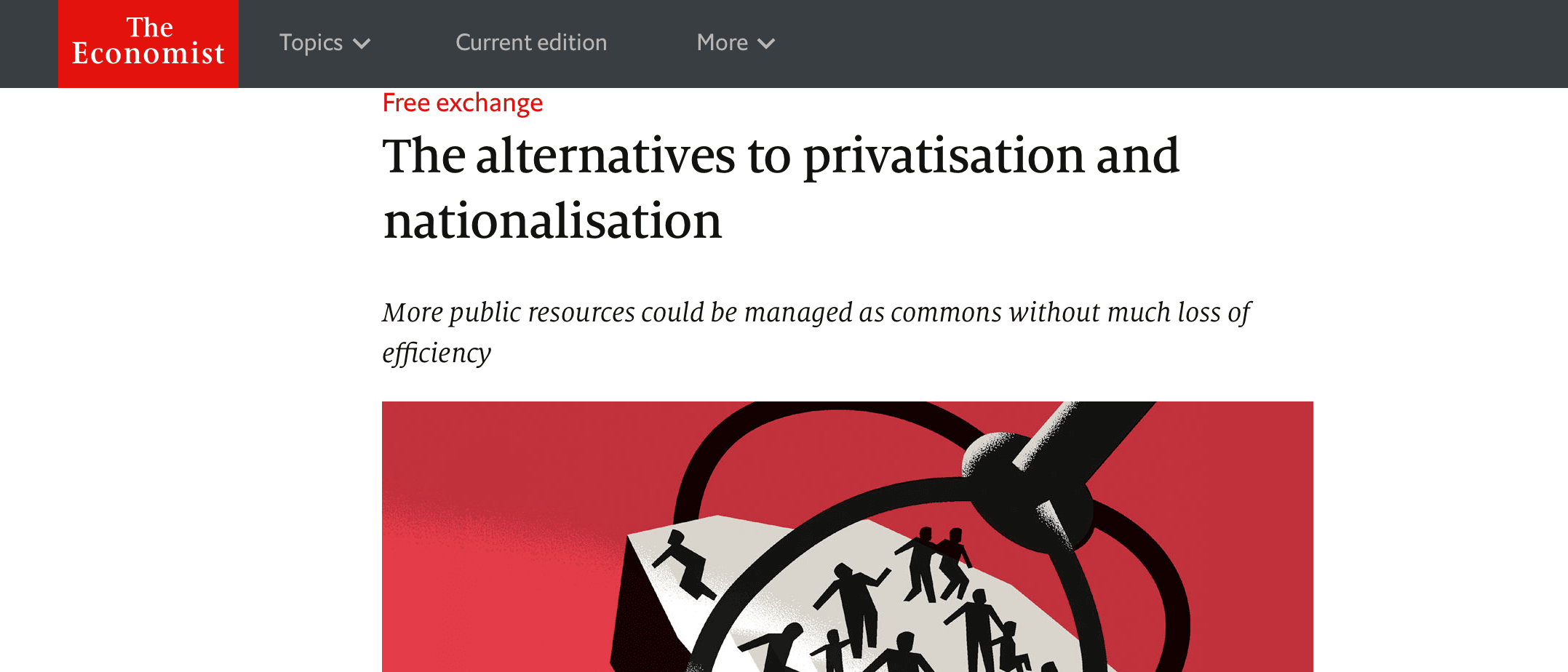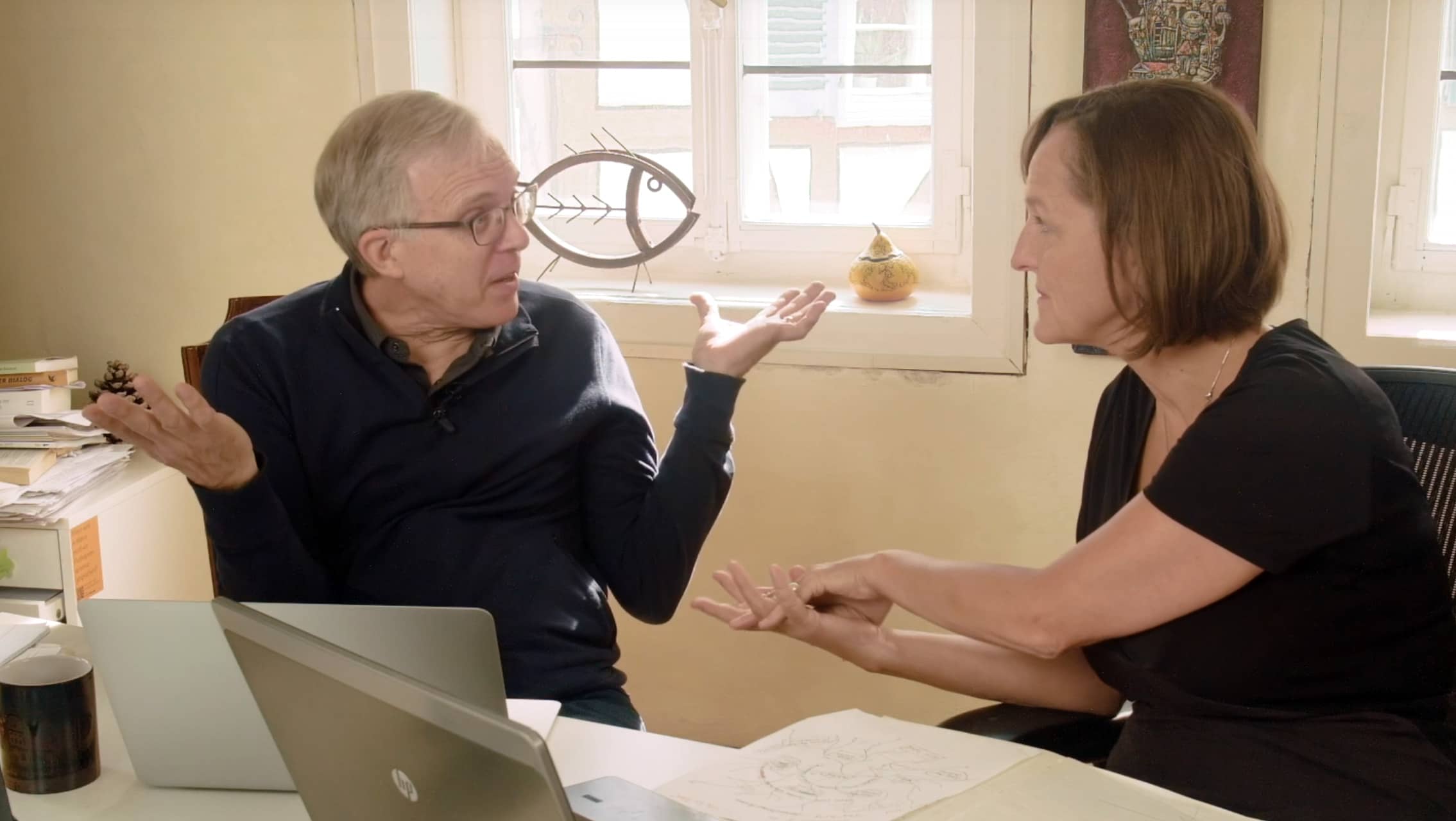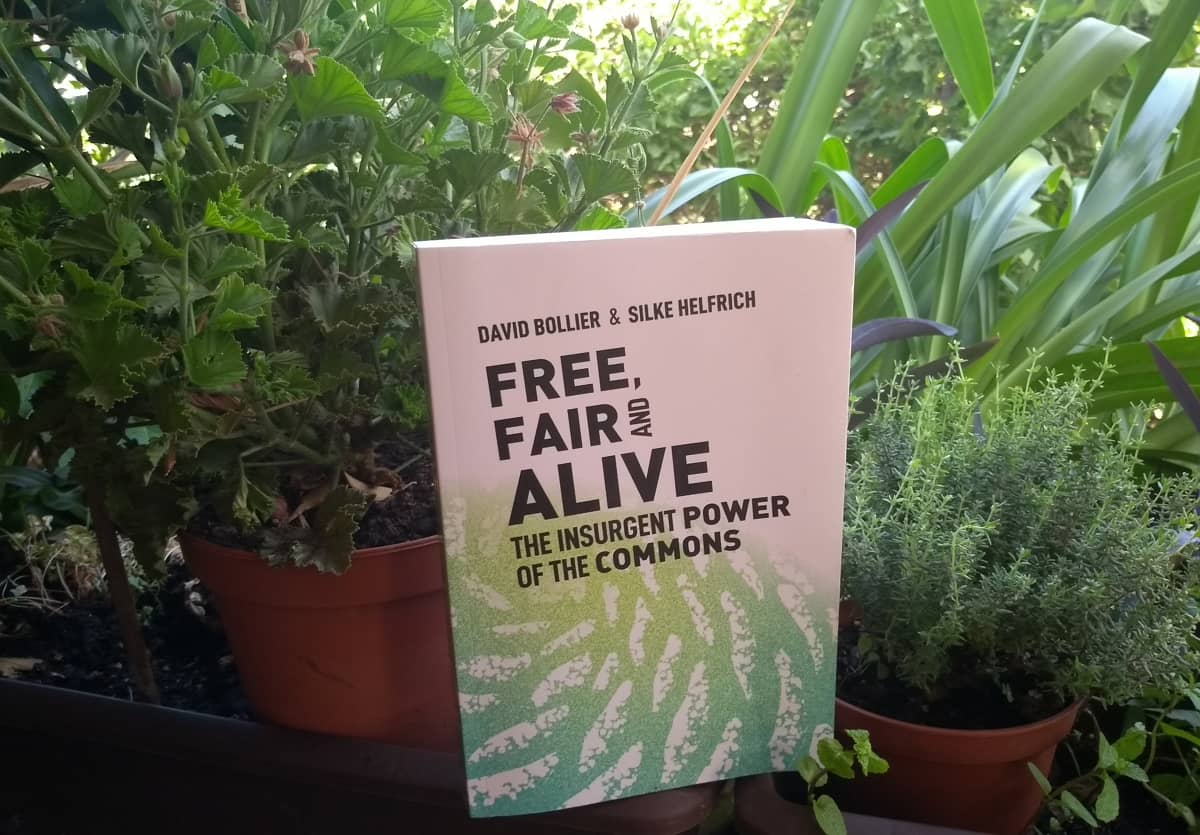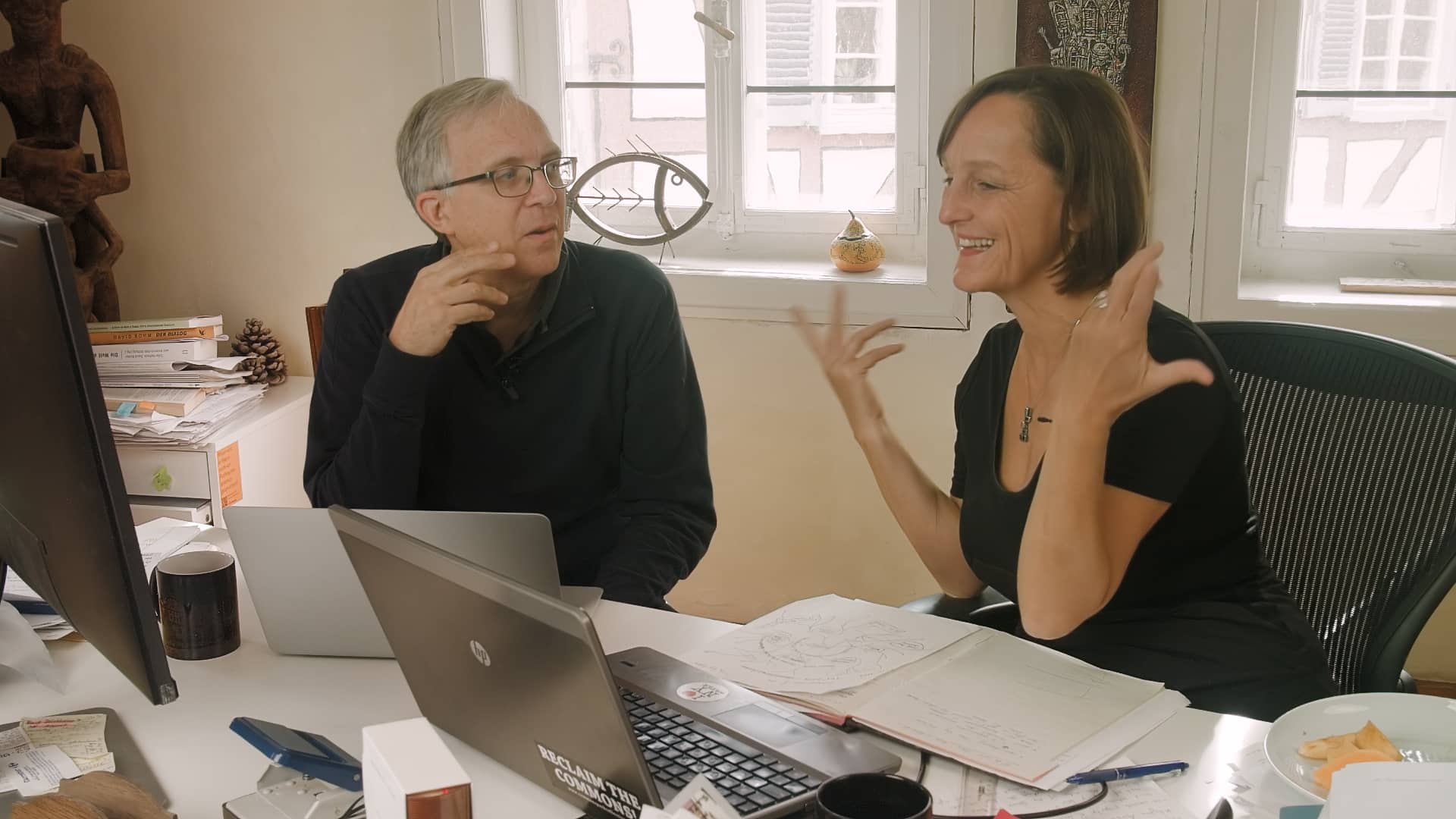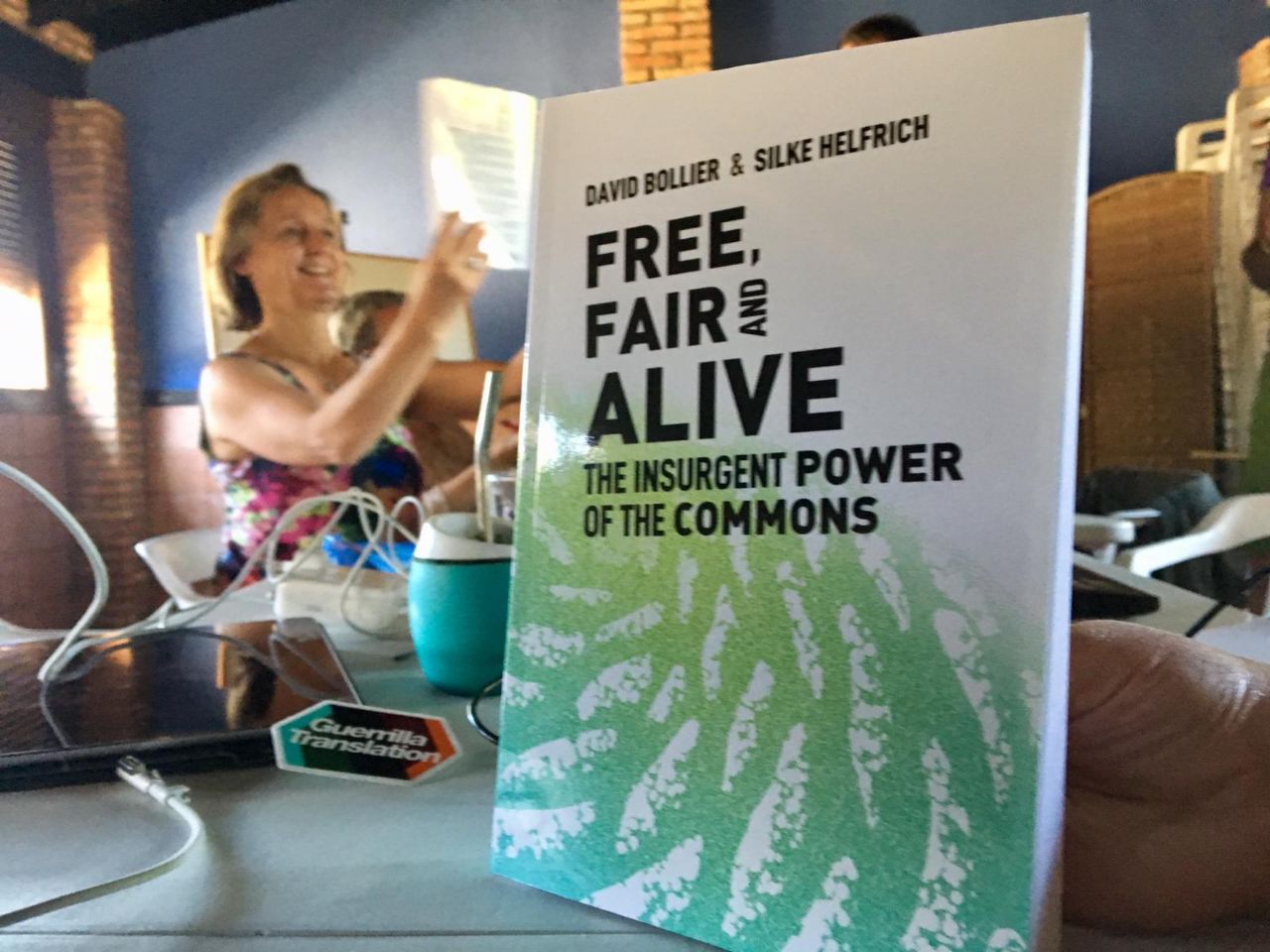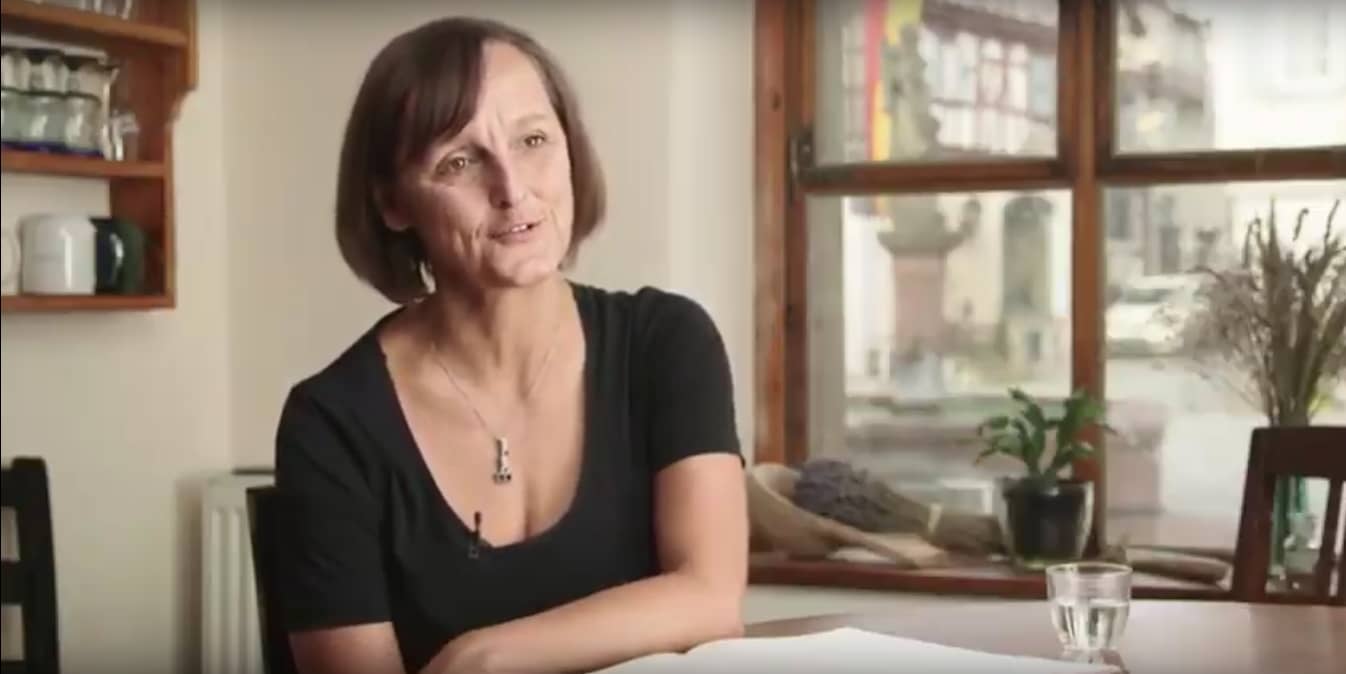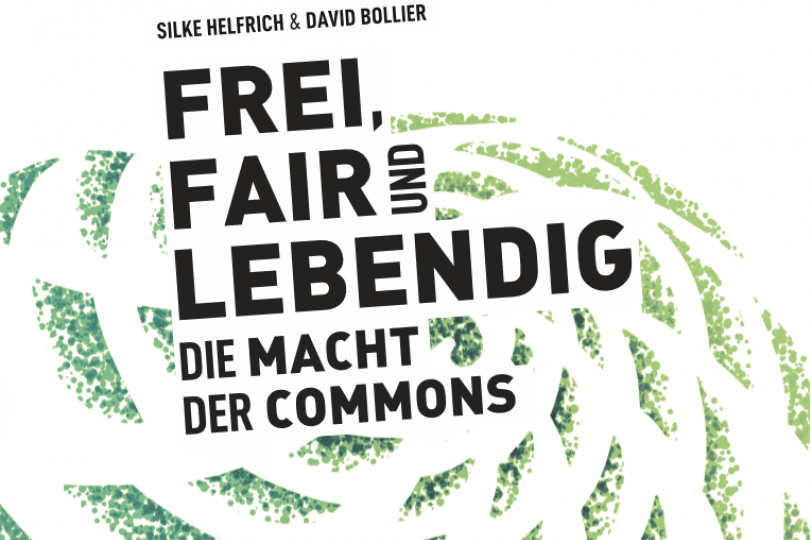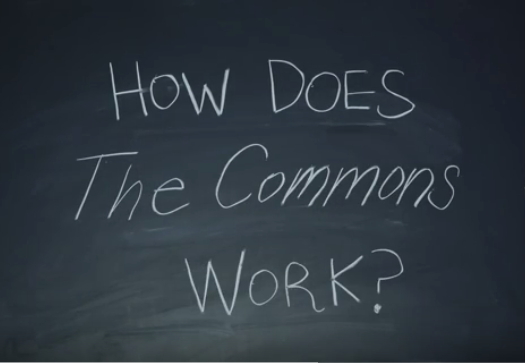Free, Fair, and Alive is a penetrating cultural critique, table-pounding political treatise, and practical playbook for “commoning” — free, self-organizing systems ranging from cohousing and agroecology to alternative currencies and open-source everything. It presents a bold and compelling alternative to the dead-end, predatory market-state system.
Free, Fair and Alive presents a foundational re-thinking of the commons by offering a compelling vision of a future beyond the specious binary of capitalism versus socialism that has almost brought the world to its knees
Written by two leading commons activists of our time, this guide is filled with readable and colorful stories. Coverage includes:
- Internal dynamics of commoning
- How the commons worldview opens up new possibilities for change
- Role of language in reorienting our perceptions and political strategies
- Seeing the potential of commoning everywhere.
Free, Fair and Alive provides a fresh, non-academic synthesis of contemporary commons written for a popular, activist-minded audience. It presents a compelling narrative: that we can be free and creative people, govern ourselves through fair and accountable institutions, and experience the aliveness of authentic human presence.
Praise for 'Free, Fair and Alive'
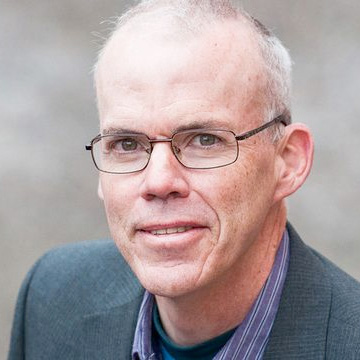
“If you want a truly exciting glimpse into what the world after this one might look like, this book is for you. When we move past ‘markets solve all problems’ into a more mature approach, it will incorporate precisely the insights in this lively and engaging volume!”
— Bill McKibben, author ‘Falter’ and founder 350.org
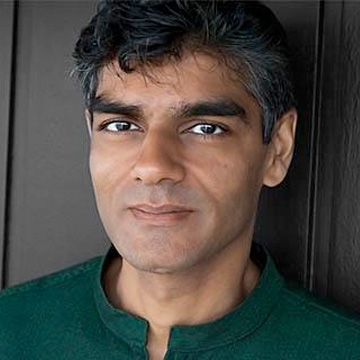
“David Bollier and Silke Helfrich don’t just establish that commoning can work, and work well. They’ve analysed the contours of successful experiments in how humans have come together to make their worlds freer, fairer and more alive. This book is an expansive, thorough, and deeply thoughtful guide to a possible future politics. All that remains is for us to take up their call: not to do it ourselves, but to do it together.”
— Raj Patel, author ‘The Value of Nothing and Stuffed and Starved’
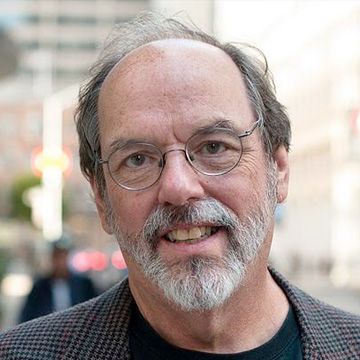
“Wiki has confused educators and economists, but not our authors. They explain how and why its social system allows people to make things that couldn’t have been made any other way. You will find here a handbook for tackling seemingly intractable problems by sidestepping the mistakes that make them hard.”
— Ward Cunningham, inventor of the wiki

“Free, Fair and Alive is an inspiring treatise for our troubled times. It presents a passionate argument for commoning and lays out thoughtful rules to follow to enact a commoned world. Its insurgent worldview is bold, caring, exciting, and challenging all at once. This book offers hope as well as down to earth strategies to all who care for the future of this planet.”
— J.K. Gibson-Graham, Jenny Cameron and Stephen Healy, authors of ‘Take Back the Economy: An Ethical Guide for Transforming Our Communities’
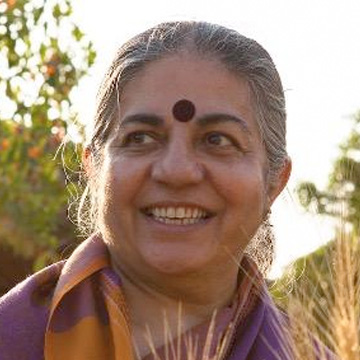
“Free, Fair and Alive shows the path to respond to the ecological emergency and the polarisation of society, economically, socially, culturally. The recovery and co-creation of the commons offers hope for the planet and people. Through commoning we sow the seeds of Earth Democracy and our future.”
— Vandana Shiva, activist and author, ‘Earth Democracy’
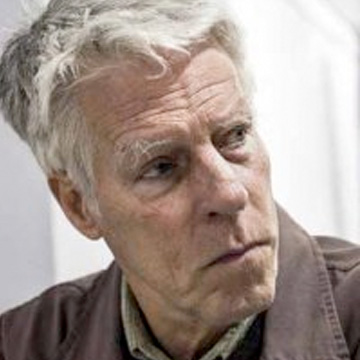
“Like a medieval cathedral this book is both philosophically lofty and as down-to-earth as a gargoyle. Its structure is encompassing and harmonious, buttressed by psychology, cybernetics, and social science. Magnificent windows let insights illuminate a new world of common facts and a new paradigm of understanding. Major ideas such as the Nested-I or Ubuntu Relationality infuse the whole, tentatively at first but with mounting conviction as this edifice of our future is constructed block by block of example and of reasoning to become a place of refuge from the destructive elements of neoliberalism and a place of collectivity against the fears it instills. Common sense and the sense of the commons are united at last, so, men and women of the commons, let us be up and doing.”
— Peter Linebaugh, Historian and author, ‘Stop, Thief!: The Commons, Enclosures, And Resistance’
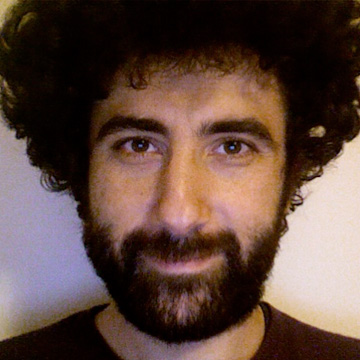
“The book of Bollier and Helfrich is grounded in the contemporary practices of commoning and present the transformative potential of commons. With great enthusiasm and a thoughtful attitude the authors introduce the commons as set of practices, believes and values for politicizing the needed societal transformation for a fairer and more sustainable world. If you aim to initiating commoning actions or you are already entangled in a networks of commons, this is the right book for you; after reading it you will have new sparks, new ideas, new energies and the right dose of bravery to (re)launch again and again the counter-hegemonic logic of commons and enjoy the performative power of the everyday commoning.”
— Giacomo D’Alisa, Center of Social Study, University of Coimbra, Portugal

“Free, Fair, and Alive eloquently describes a worldview that is both old and new. Old, because it is based on an accurate conception of human nature and society. New, because it provides a robust alternative to individualism, which has dominated social science and public policy for over a half-century. A must-read for all who are working toward an ethics for the whole world.”
— David Sloan Wilson, President, Evolution Institute, and author ‘This View of Life’
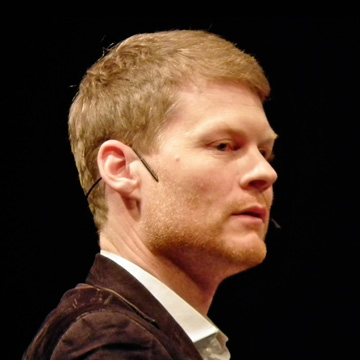
“The commons and the Economy for the Common Good complement each other perfectly. Both approaches provide concrete and proven alternatives to the current, dominant economic system, and both, in contrast to this dominant system, are based on widely shared basic social values.”
— Christian Felber, Co-founder of the Economy for the Common Good.

“Too often, in pursuit of econometric respectability, talk of the commons treats our common resources as mere things and commoners as self-interested automatons. Here, two committed commoners call on their movement to be its fullest self, to embrace its radical distinctiveness. Reading them jolted me into noticing where I’ve mistaken a compromise for the real goal.”
— Nathan Schneider


